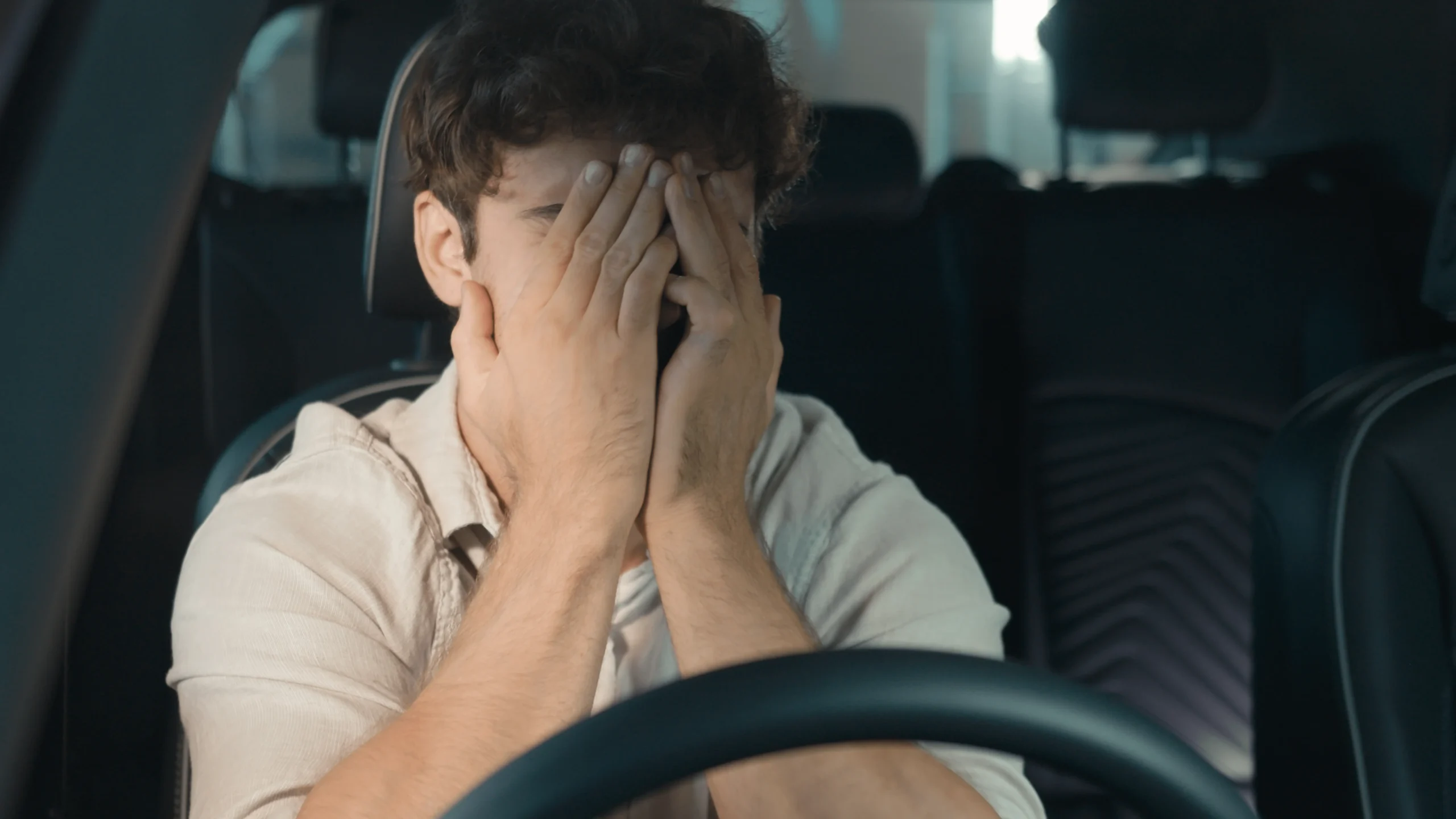Legal Insights > Employment, Litigation
When Driving Disqualification Hits Hard: What You Need to Know About Limited Licences

For many Kiwis, having a driver’s licence is more than just a convenience, it’s a vital part of daily life. Whether it’s getting to work, supporting family, or running a business, being able to drive keeps life moving. So when a driving disqualification happens, the effects can reach far beyond the courtroom.
Corban Revell lawyer Ritvik Roop says limited licences can be a lifeline for those facing driving disqualification in New Zealand. “Limited licences are designed to help people keep their livelihoods afloat during the disqualification period,” he explains. “They allow driving in carefully defined circumstances, so someone isn’t left stranded when they really need to be on the road.”
What Are Limited Licences?
A limited licence is a special permit issued for the period a person’s licence is disqualified. This is generally between six months and one year depending on the offence, and enables someone to drive despite their licence being disqualified. While many associate these licences with drink driving offences, they’re also available for other disqualifications such as drug driving, accumulating excessive demerit points, or even driving while unlicensed.
“But these licences aren’t handed out lightly,” Ritvik warns. “Applicants need to prove they would suffer ‘extreme hardship’ if they can’t drive, and that others close to them, like employers or family members, would suffer ‘undue hardship’ as a result.”
Proving Hardship Isn’t Always Straightforward
The process to get a limited licence can be challenging. Sometimes, the prosecution will argue a person doesn’t meet the threshold for undue hardship. “If it’s a first-time offender and the hardship is clear, they often meet the requirements,” Ritvik says. “But every case is unique.”
The court considers many factors when deciding whether to grant a limited licence, including:
- The radius within which the applicant needs to travel
- Specific start and finish times for work or caregiving
- Why public transport or other options aren’t feasible
- How the disqualification would affect any employees or others dependent on the applicant
“These licences are very prescriptive,” Ritvik notes. “You’re only allowed to drive when and where the court approves, and it’s critical to be exact about your needs and circumstances.”
Common Misconceptions
One surprise for many is that you don’t always have to attend court to get a limited licence. “If you can clearly demonstrate undue hardship, sometimes the application can be handled without a formal hearing,” Ritvik explains. “But that depends on the specifics and whether the prosecution opposes the application.”
Where the Litigation and Employment Law Teams Help
The process can be complex and daunting, which is why the Litigation team at Corban Revell specialises in guiding clients through the legal hurdles of applying for a limited licence. “We help put forward strong, well-documented cases to maximise the chance of success,” Ritvik says.
At the same time, the Employment Law team plays a role when the driving disqualification impacts workplace arrangements. “If a person’s job depends on driving, or if they employ others who would be affected, employment law advice can help manage those challenges,” Ritvik explains. “It’s about protecting both the individual and their business or staff.”
Why Early Advice Matters
Ritvik stresses that getting legal help early can make a real difference. “Mistakes or misunderstandings during the application can be costly and hard to fix later,” he says. “It’s important to understand exactly what evidence you need and how to present it.”
Whether you’re an employee needing to commute, a tradesperson relying on your vehicle, or a business owner whose staff depends on your driving, a limited licence may offer a vital way forward, but only when the hardship is genuine.
Need advice on applying for a limited licence?
You don’t have to face this on your own. If your ability to work, care for family, or run a business is at risk, expert legal support can provide clarity and help you put forward the strongest case possible.
Reach out to Ritvik for a confidential discussion about your situation and options.
